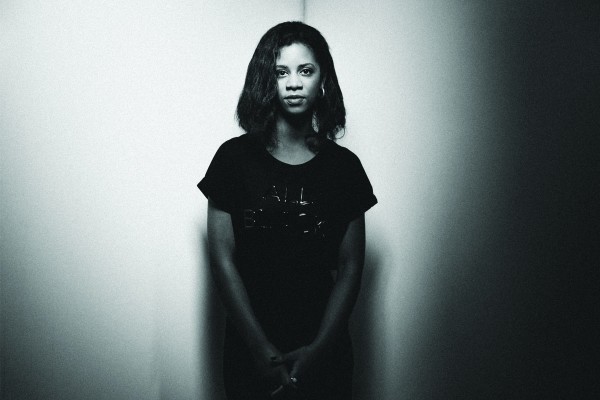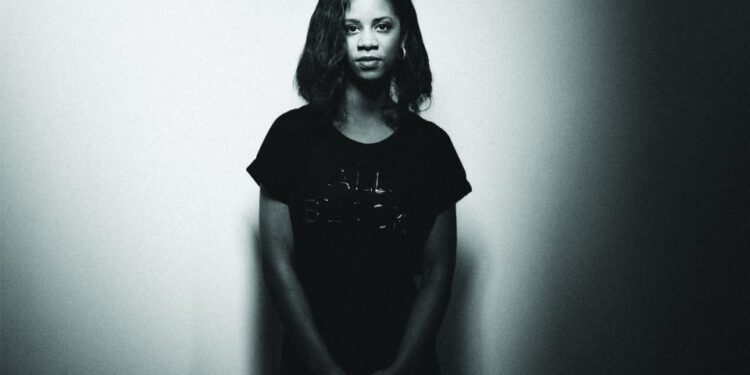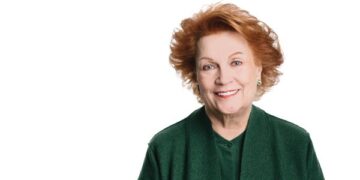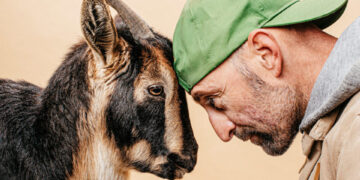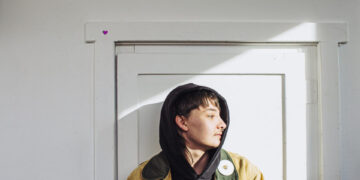Morgann Freeman vividly remembers the day she moved from being “the angry black girl” who got into many fights to the budding activist who believes she can battle societal ills better with her mind than her fists.r
It’s etched in her brain. Freeman was a high school freshman in Bellevue when a fellow student called her “the ‘N’ word.” “I suffered a lot, but no one had ever dehumanized me that way,” she says.
Equipped with martial arts to defend herself from being bullied, an altercation inevitably ensued. But instead of Freeman’s annual expulsion, an African-American dean brought down demerits and an empowering message: “He told me, ‘I understand why you reacted the way you did,’ ” Freeman recalls. “‘But you have to learn to walk away. You have a bigger purpose in life.’ Those words resounded.”
Freeman hoped for a fresh start at the University of Nebraska-Lincoln. She thought her ticket out of 18 years of hardship was to emulate the ideal of the TV show Scandal: black, powerful, successful, and rich. What she experienced instead was “countless sexual assaults…I was raped multiple times, there were physical assaults…I was stalked. All of that kept erasing any progress I made, because I didn’t really want to work to fix myself,” she says. Freeman flunked out of UNL in 2011, opening the floodgates to all that was locked in her soul.
“I just sat down and started writing,” Freeman says. “For the next week, I wrote whatever I felt, everything I had been through in my life. I realized for the first time, with all I’ve been through, I have a story. And my story might help other people.” Freeman always liked poetry, so she moved back to Omaha and put ink to her thoughts—a lot—about romance, sex, relationships, racism, sexism, feminism, and elitism. The topics grew in breadth and depth as Freeman explored how her arduous past was shaping ideas about the world around her. She studied at Metro Community College and UNO, where subjects such as institutional cruelty, social constructionism, and social oppression fueled her passion for how, “America is put together to keep people in their place.”
“If you’re a woman, you have your place,” Freeman says. “If you’re black, you have your place. If you don’t have as much money as the CEO, you have your place. We have a long way to go to change that.”
Freeman hopes her writings are controversial and mind-expanding enough to spark a conversation. She has been published in 13th Floor Magazine and blogs at socialotherness.wordpress.com and lifelovefreedom.wordpress.com. She hopes her consulting business can help companies large and small deal with issues of diversity and inclusion. All of it adds up to what Freeman envisions as a day when children in north Omaha and Bellevue, college students and professionals alike, won’t suffer the same injustices she has endured.
“I want to use my writing, my story, my business, my academic life—all of it together—to make a difference in the world,” Freeman says. “I believe real change is possible.” Encounter
Visit socialotherness.wordpress.com and lifelovefreedom.wordpress.com for more information.
